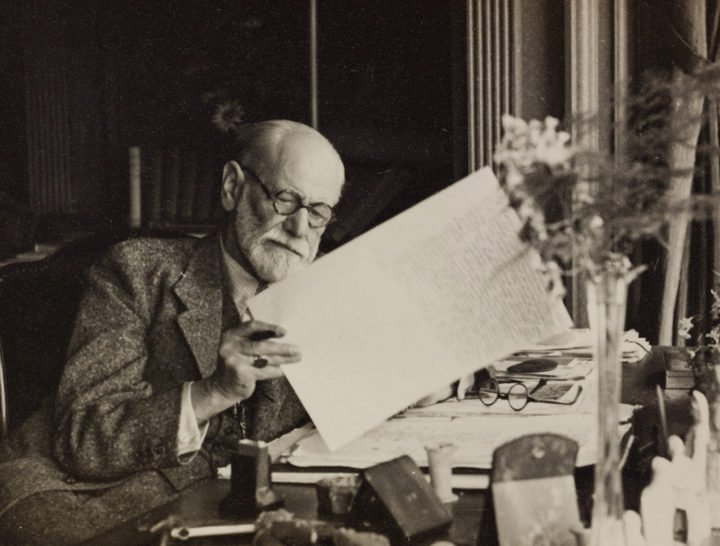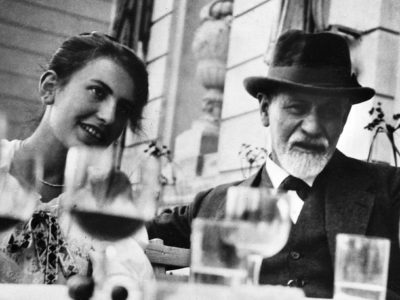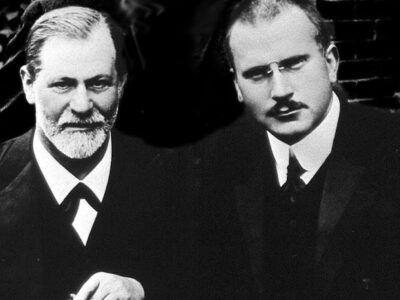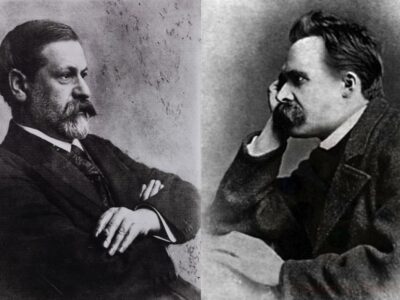
- This event has passed.

The course will review all Freud’s major writings about the aims and principles of psychoanalytic psychotherapy, and follow the stages in his development as a psychotherapist as he worked, over more than twenty years, to formulate the fundamental principles of his new treatment for the neuroses. Freud’s major case histories are examples of supremely great writing, and we will examine two of them in detail; ‘Dora’, ‘The Rat Man’. In these brilliant essays, Freud puts himself on display both as a clinician and as a theorist, and the fact that he was honest enough to describe his failures as well as his successes, ensures their enduring value for us today. In the final session of the course, we will review the main developments in the theory and practice of psychoanalytic psychotherapy since Freud, and examine the latest thinking – by psychotherapists and philosophers – on the kind of change psychoanalysis aims to bring about, the key factors that make possible that kind of change, and on the limitations of the psychoanalytic approach to psychotherapy.
Session 1: Freud made his debut as a psychotherapist using hypnotic suggestion to remove hysterical symptoms. We will trace the evolution of his work as he gave up the use of hypnosis, substituted for it initially the ‘pressure technique’, and finally arrived at the ‘Fundamental Rule of Psychoanalysis’ for the analysand: Free Association. We will then trace Freud’s discovery of the central importance of ‘transference’ in psychoanalytic psychotherapy, and study his ‘Papers on Technique’ where he sets out the fundamental rule of psychoanalysis for the analyst: the rule of ‘evenly suspended attention’ – and explains the necessity for the analyst to have undergone the process of analysis him or herself.
Session 2: In the Dora case we see all three stages in the early development of Freud’s therapeutic practice: (1) the analysis of symptoms; (2) the analysis of dreams; and finally (3) the recognition of central importance of transference. The case is centred on the analysis of two dreams, and Freud tells us that the treatment failed because he ‘failed to master the transference in good time’. The failure of the case – which clearly stung Freud – taught him that transference is the key factor in psychoanalytic psychotherapy. Nevertheless, despite his failure to bring the case to a successful conclusion, his understanding of the dynamics of the patient’s family, and his appreciation (finally attained right at the end of the treatment) of her dilemma, are of great depth and subtlety, and render the story of her treatment alive for us today. The Dora case has become a feminist classic and we will review the feminist critique of Freud, and feminist interpretations of its significance. Freud regarded his analysis of the ‘Rat Man’ as one of his great successes. He is on top of the transference this time, and delighted to demonstrate in his account how his handling of it contributed to the success of the treatment. He also sets out in full, in the case history, his understanding of obsessional neurosis. Where hysteria revolves around repression of sexuality, his analysis of obsessional neurosis focusses on repressed hatred and destructiveness. And since these emotions and impulses are felt towards those whom the patient loves, guilt is a major factor, and the problems of ambivalence dominate the picture. These ideas played an important role in Freud’s developing interpretation of religion and we will explore the way in which the thinking the Rat Man provoked ramified into his later theories.
Session 3: In the final session we will trace the changes in Freud’s thinking about the aims and efficacy of psychoanalysis, and review current thinking on the standing of psychoanalytic treatment vis-à-vis other forms of psychotherapy. We will examine the latest ideas about the use of interpretation in psychotherapy, the role of transference (and counter-transference), and review the modifications made to Freud’s approach to psychotherapy by the Jungian, Kleinian, and Lacanian schools, and by Donald Winnicott. We will also look at recent philosophical thinking bearing on the aims and methods of psychoanalysis, such as the Post-Modern critique of the self, and ask if the post-modernists are right in claiming that psychoanalysts and their clients are simply making up comforting stories about the past.
++++++++++++++++++++++++++++++++++++++++++++++++++++++++++++++++
This is the fourth of five Saturday courses offering a complete introduction to Freud. The courses will be accessible to beginners – but are also designed for those already familiar with Freud’s work who wish to acquaint themselves with the results of the latest research and scholarship bearing upon it, and up-date themselves on the recent debates addressing the intellectual issues and controversies surrounding it.






